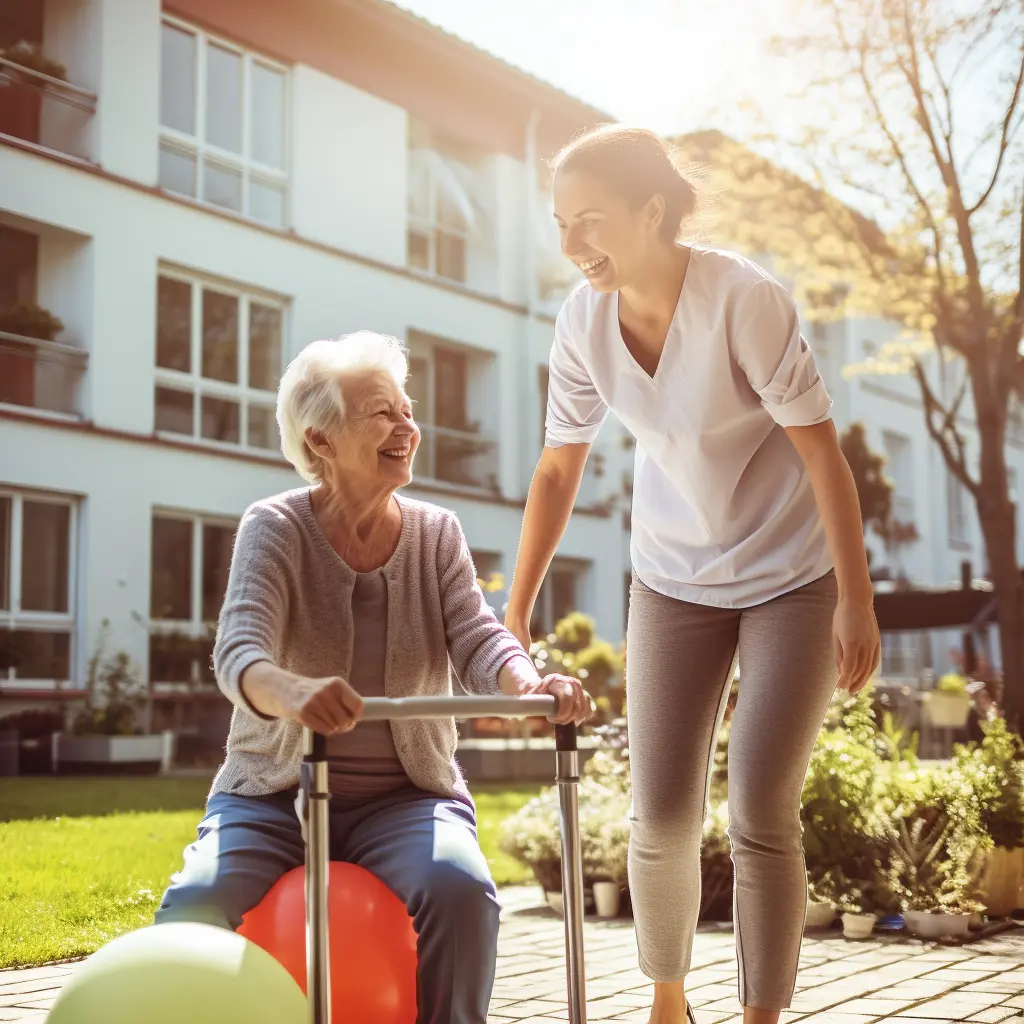Aged care facilities play a crucial role in ensuring the well-being of residents by providing medical care, daily assistance, and structured physical activity programs in Perth. Physical activity is integral to maintaining mobility, cognitive function, and overall health in elderly individuals. This article outlines the benefits of physical activity in aged care Perth settings and the programs designed to support residents.
The Role of Physical Activity in Aged Care
Aging is associated with a decline in muscle strength, bone density, and mobility. Regular physical activity helps slow these effects and supports cognitive function. Studies indicate that physical activity reduces the risk of dementia and chronic conditions such as heart disease, diabetes, and osteoporosis. Implementing structured exercise programs in aged care facilities enhances the quality of life for residents by maintaining physical function and mental well-being.
Benefits of Physical Activity in Aged Care Facilities
Physical Benefits
- Muscle Strength and Flexibility: Strength training and flexibility exercises help maintain muscle mass and mobility, enabling residents to perform daily tasks more efficiently.
- Balance and Coordination: Activities such as tai chi and yoga improve balance, reducing the risk of falls and related injuries.
- Bone Density Maintenance: Weight-bearing exercises like walking and resistance training support bone health and reduce the risk of fractures associated with osteoporosis.
Mental and Emotional Benefits
- Mood Enhancement: Physical activity stimulates the release of endorphins, which contribute to stress reduction and improved mental well-being.
- Cognitive Function Support: Exercise promotes blood circulation to the brain, which can enhance cognitive abilities and reduce the risk of cognitive decline.
- Improved Sleep Patterns: Regular activity supports sleep quality by promoting relaxation and regulating sleep cycles.
Social Benefits
- Increased Social Interaction: Group exercise sessions encourage engagement and help residents build social connections, reducing feelings of isolation.
- Sense of Purpose: Setting and achieving fitness goals enhances self-esteem and motivation among residents.

Physical Activity Programs in Aged Care Facilities
Structured Exercise Classes
Aged care facilities incorporate tailored exercise programs, including low-impact aerobics, strength training, and yoga. These programs are designed to accommodate different mobility levels and ensure safety.
Recreational Activities
Activities such as dancing, gardening, and walking groups provide an enjoyable way to stay active while engaging in social interaction. Games that require physical coordination also contribute to movement and cognitive engagement.
Therapeutic Programs
For residents with specific health concerns, facilities offer physiotherapy, occupational therapy, and hydrotherapy sessions. Water-based exercises are particularly beneficial for individuals with joint issues, as they reduce strain while maintaining movement.
Challenges in Implementing Physical Activity Programs
Diverse Physical Abilities: Residents have varying levels of mobility, requiring adaptable exercise programs. Facilities must provide chair exercises for those with limited mobility alongside more intensive options for active residents.
Safety Considerations: Preventing falls and injuries is a priority. Non-slip flooring, handrails, and staff supervision are necessary to ensure safe participation in physical activities.
Avoiding Overexertion: Exercise programs should be carefully monitored to prevent residents from exceeding their physical limits, which could lead to health complications.
Encouraging Participation: Some residents may be hesitant to participate in exercise programs due to past experiences or a reluctance to try new activities. Introducing trial sessions, peer support, and integrating physical activities into social events can improve participation.
Conclusion
Physical activity is an essential component of Perth aged care, offering physical, cognitive, and social benefits. While challenges exist, facilities can implement structured and adaptive programs to meet the diverse needs of residents. By prioritising physical activity, aged care providers enhance the quality of life for elderly individuals, supporting their overall health and well-being.
